Is Hungary a stagnating DIY market, because the number of stores and the overall retail area have been in decline since 2012?
Karl-Heinz Keth: Although two DIY store chains, Bricostore and Baumax, have disappeared from the scene since 2012, growth has taken place through these DIY and building trade businesses. The retail area has increased over the years, because we have expanded and Obi has also expanded. The only one that hasn't grown is Bauhaus. Bauhaus still has three stores around Budapest, while the rest, thus Praktiker and Obi, have outlets across the country and in Budapest. In recent years, rapid growth took place overall in the home improvement sector, with a big hike in sales. So it was actually good that two big players dropped out of the running in this small country, as it has created greater stability for us and the others.
What distinguishes the Hungarian DIY enthusiast from, let's say, a German DIYer?
The difference was the price: hitherto it was always the price that was the key factor. In fact, the Hungarians have always been keen on do-it-yourself and making things - they have done everything themselves. In the last few years, the sector has grown even more because of the exodus of craftsmen such as the classic tilers, builders, masons etc. Many people in the country want to refurbish or build new homes, which is achieved mostly with the aid of friends and relatives. Of course, cost also plays a part. It isn't a question of not wanting to hire tradespeople, it is down to the wage situation. Wages in Hungary are not high, which is why people often resort to doing things for themselves.
How did the bankruptcy of the German Praktiker group (including Max Bahr) affect Praktiker Hungary?
The first two years were extremely difficult, but then we regained our stability.
And how does the Hungarian DIY market look at present?
There are three big DIY chains, Praktiker, Obi and Bauhaus. Of these, only Obi and Praktiker have a nationwide presence. Obi is the market leader with 29 stores. Praktiker has a 33 per cent share of the market. Growth rates for all three are in double digits, with construction materials, tiles, wood and laminate the most sought-after articles, which is understandable in view of the amount of building going on and as a consequence of the renovation boom in Hungary. However, ranges such as garden or furniture account for a large proportion of sales, especially at Praktiker.
We can already speak of a proper DIY sector in Hungary…

 Menü
Menü




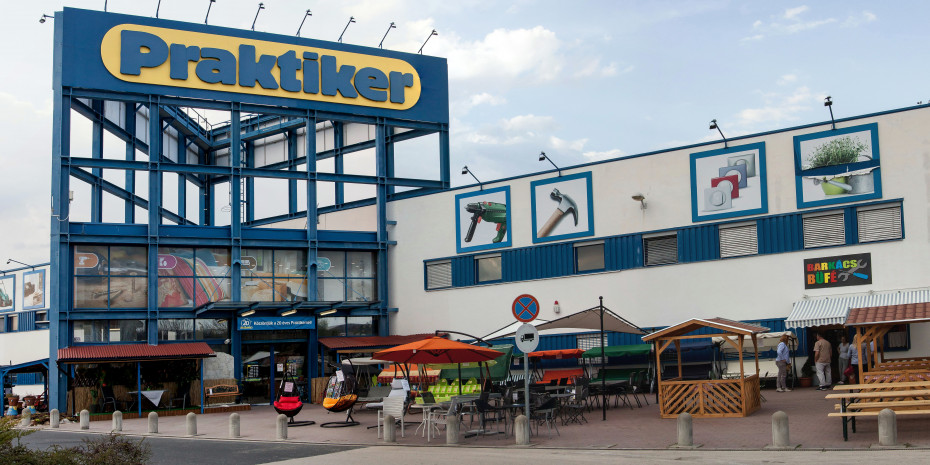

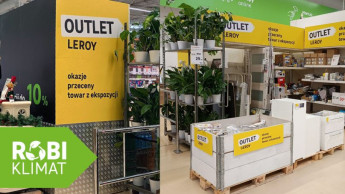
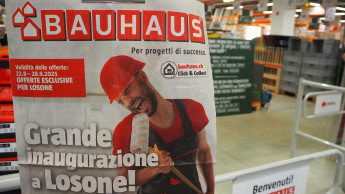




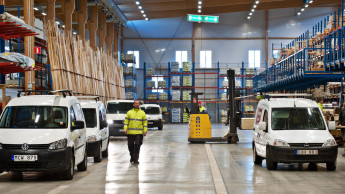
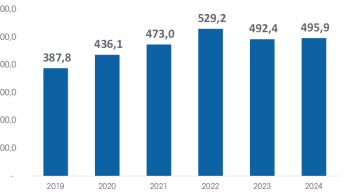
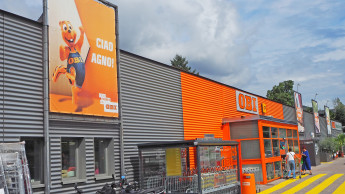
 Newsletter
Newsletter